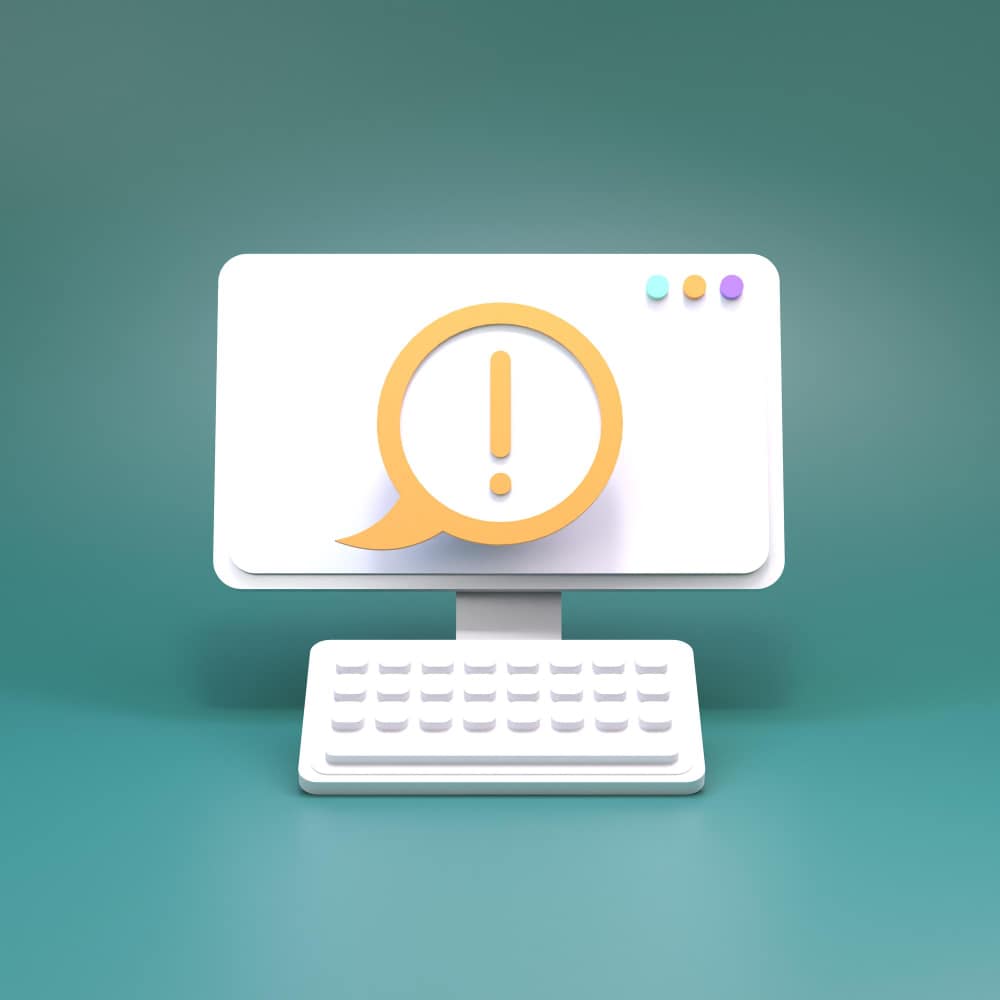
How to Exercise Freedom Responsibly
How to Exercise Freedom Responsibly
Introduction
Freedom is a fundamental aspect of human existence, allowing individuals to make choices, express themselves, and pursue their aspirations. However, with freedom comes the crucial element of responsibility. Understanding how to exercise freedom responsibly is essential for personal growth and societal harmony
Understanding Personal Freedom
Personal freedom encompasses various dimensions, including freedom of speech, freedom of thought, and freedom of action. It empowers individuals to shape their lives according to their values and beliefs. The impact of personal freedom extends beyond the individual, influencing the dynamics of communities and nations
The Balance Between Freedom and Responsibility
Finding the equilibrium between freedom and responsibility is a delicate yet pivotal endeavor. While freedom grants autonomy, responsibility ensures that one's actions consider the well-being of oneself and others. Neglecting responsibility can lead to adverse consequences, undermining the essence of freedom
Cultivating Self-Discipline
Self-discipline plays a central role in exercising freedom responsibly. It involves the ability to regulate one's behavior and choices in alignment with long-term goals and ethical considerations. Cultivating self-discipline requires commitment, perseverance, and a clear understanding of personal values
Ethical Decision-Making
Ethical decision-making serves as a compass for responsible freedom. It involves evaluating the potential impact of one's choices on oneself and others, considering moral principles and societal implications. Embracing ethical decision-making fosters personal integrity and contributes to a more conscientious society
Respecting Others' Freedom
Acknowledging and respecting the freedom of others is integral to the responsible exercise of freedom. Recognizing the interconnectedness of individual liberties promotes empathy, cooperation, and the establishment of a harmonious social fabric based on mutual respect and understanding
Overcoming Challenges
Exercising freedom responsibly often encounters challenges such as peer pressure, societal norms, and personal temptations. Overcoming these obstacles requires resilience, critical thinking, and a steadfast commitment to upholding one's values and responsibilities
The Role of Education
Education plays a pivotal role in nurturing responsible freedom. By promoting critical thinking, ethical reasoning, and empathy, education equips individuals with the tools to make informed and conscientious choices, contributing to a more responsible and harmonious society
Embracing Accountability
Accountability is a cornerstone of responsible freedom. Embracing accountability involves taking ownership of one's actions, acknowledging their impact, and actively seeking to rectify any negative consequences. Cultivating a culture of accountability fosters trust and integrity within communities
The Influence of External Factors
Navigating external influences, such as societal expectations and environmental pressures, is essential in exercising freedom responsibly. Maintaining autonomy in the face of external factors requires a deep understanding of one's values, resilience, and the ability to make independent choices
The Power of Choice
The power of choice lies at the heart of responsible living. Embracing the consequences of one's choices, whether positive or negative, empowers individuals to learn, grow, and make more informed decisions in the future, contributing to personal development and societal progress
Balancing Individual and Collective Freedom
Balancing individual freedom with the well-being of the collective is a crucial aspect of responsible freedom. Recognizing the interconnectedness of individual and collective liberties fosters a sense of social responsibility and contributes to the creation of a more harmonious and equitable society
Cultivating Empathy
Empathy serves as a bridge between personal freedom and responsible behavior. Cultivating empathy enables individuals to understand and consider the perspectives and experiences of others, fostering compassion, cooperation, and the establishment of meaningful connections within communities
The Impact of Responsible Freedom
Exercising freedom responsibly yields profound benefits, both on a personal and societal level. It leads to personal fulfillment, ethical integrity, and the establishment of a harmonious social fabric based on mutual respect, understanding, and cooperation
Conclusion
In conclusion, the responsible exercise of freedom is a transformative journey that requires self-discipline, ethical consideration, and a deep sense of accountability. By embracing responsible freedom, individuals contribute to their personal growth and the creation of a more conscientious and harmonious society







































